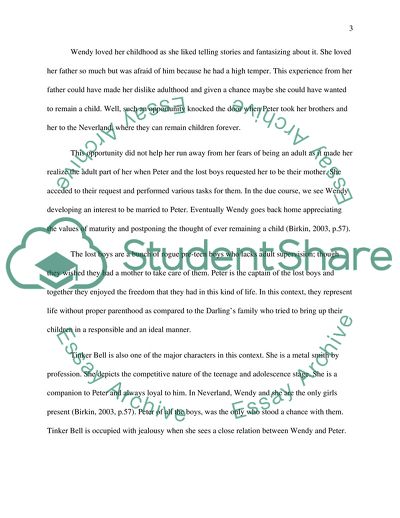Cite this document
(The Childrens Literature Choice Exemplified by the Peter Pan Play Essay - 10, n.d.)
The Childrens Literature Choice Exemplified by the Peter Pan Play Essay - 10. https://studentshare.org/literature/1791846-childrens-literature
The Childrens Literature Choice Exemplified by the Peter Pan Play Essay - 10. https://studentshare.org/literature/1791846-childrens-literature
(The Childrens Literature Choice Exemplified by the Peter Pan Play Essay - 10)
The Childrens Literature Choice Exemplified by the Peter Pan Play Essay - 10. https://studentshare.org/literature/1791846-childrens-literature.
The Childrens Literature Choice Exemplified by the Peter Pan Play Essay - 10. https://studentshare.org/literature/1791846-childrens-literature.
“The Childrens Literature Choice Exemplified by the Peter Pan Play Essay - 10”. https://studentshare.org/literature/1791846-childrens-literature.


